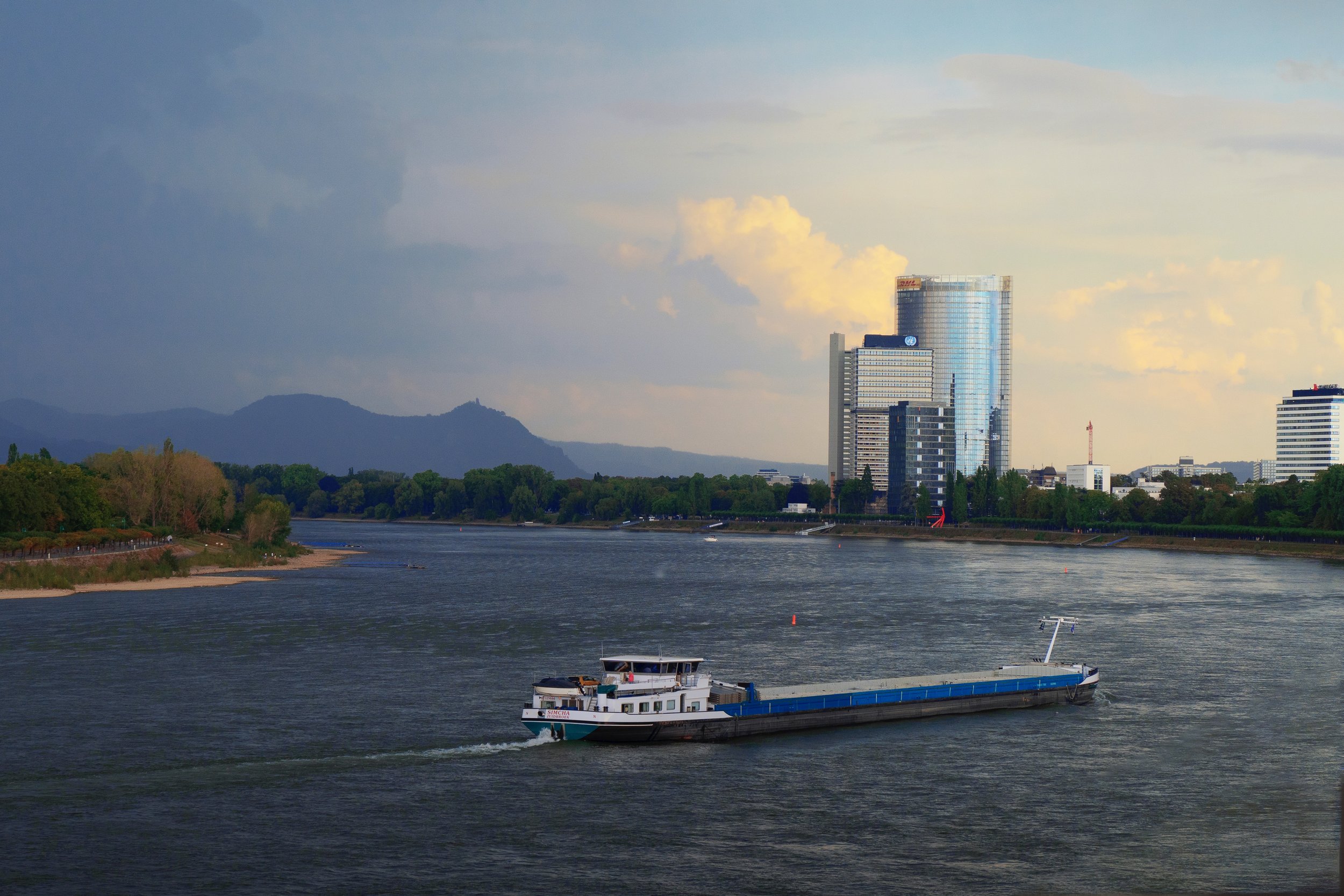What happened at the Bonn Climate Talks?
Photo by Carolina Nichitin on UnsplashTwo weeks of climate talks were held in Bonn, Germany, concluding on 15 June 2023, as part of the preparation for the UN Climate Change Conference (COP28) due to take place in Dubai, UAE from 30 November to 12 December 2023.
Over 4,800 participants took part, including indigenous peoples, and delegates from cities, youth organisations and governments. Despite the urgency of the task, the talks came close to breaking down altogether, with delegates unable to agree on the agenda – for two weeks.
The group of Like-Minded Developing Countries – which, strangely, include China, India and Saudi Arabia as “emerging countries” - submitted agenda motions which called for “urgently scaling up financial support from developed countries”, while developed countries pushed back, demanding progress on the Mitigation Work Programme agreed at COP27 in Sharm el Sheikh.
Reports from the conference suggest that continued delays in developed countries delivering the $100 billion per year of support for mitigation and adaptation promised three years ago has led to an atmosphere of distrust. This has left a great deal to be accomplished at COP28. An agenda was finally formally agreed a day before the talks were due to conclude, and the UN climate talks were, just about, back on track.
Global Stocktake
The Bonn conference saw the third and final technical dialogue on the Global Stocktake, a comprehensive review of the actions Parties have been able to agree on to address climate change and to get back on track with their Paris Agreement goals. This will lead to a Synthesis Report, due to be published in September 2023 before the COP28 climate talks.
As UN Climate Change Executive Secretary Simon Stiell said –
“Pledges by parties and their implementation are far from enough… So, the response to the stocktake will determine our success – the success of COP28, and, far more importantly, success in stabilising our climate.”
Climate Finance
A new collective quantified goal was set for climate finance in 2024. As this report by Carbon Brief remarked –
“Most of the negotiations at the conference did not focus directly on finance. Yet, as is always the case at UN climate talks, money permeated nearly every aspect of this event.”
Away from the Bonn conference, Prime Minister Mia Mottley of Barbados and President Emanuel Macron of France have been hosting a separate event to investigate new international architecture for climate finance.
Loss and Damage
The Bonn conference saw the second Glasgow Dialogue on the machinery and funds to address Loss and Damage. Work continued to add to the structure of funding arrangements on the new Loss and Damage fund. A Transitional Committee will report on this and how to make it all work at the COP28 talks. Nabeel Munir, Pakistani Chair of the Subsidiary Body on Implementation said –
“Make no mistake, there has been a fundamental change, a change that is positive … yet the work has just begun.”
Given that some reports suggest that the most vulnerable countries suffer $400 billion in loss and damage from climate impacts such as hurricanes, sea level rise and floods, there is understandable frustration and impatience at the slow pace of delivery.
Adaptation
If reports are correct, this area sounds to be short on funds and focus, and long on procedural wrangling, despite its continued and growing importance. However, it was reported that 40 countries had delivered National Adaptation Plans, with 100 more said to be working on them.
Conclusions
With the world’s principal climate talks in this rather fractious and precarious state, some commentators have been concerned at the absence to date of a clear lead in breaking the logjam from the UAE’s Presidency of COP28. The COP28 President, Dr Sultan Ahmed Al Jaber, made a brief appearance at the Bonn talks, and made the significant comment that the phasedown of fossil fuels was “inevitable”. Yet the issues and the science and the very obvious climate effects being suffered worldwide now, today, mean that much more is going to be needed from the UAE Presidency to break the political impasse than caution and soft focus. As UN Secretary General Antonio Guterres put it recently –
“Lets face facts. The problem is not simply fossil fuel emissions. It’s fossil fuels, period.”
While disputes simmered over the Bonn agenda, smoke from wildfires in Canada smothered cities down the Eastern seaboard of America, and new heat records were set for land and oceans.
Yet it was hugely encouraging to see some of the formidable youth climate activists that COP26 and beyond has been in touch with over the last two years were at the Bonn climate talks. Shreya KC speaking on climate justice and representing the Loss and Damage Youth Coalition, Kelo Uchendu on the Mitigation Work Programme and Samuel Chijioke Okorie on Loss and Damage. There is plainly a huge amount to do to move the world forum on this mighty issue, but these youth leaders are making a brave start, and we need to help them in any way we can.
Events preceding COP28:
Africa Climate Week
4-8 September 2023
Nairobi, Kenya
Middle East & North Africa Climate Week
8-12 October 2023
Riyadh, Saudi Arabia
Latin America & Caribbean Climate Week
23-27 October 2023
Panama City, Panama
Asia-Pacific Climate Week.
Date t.b.a.
Johor, Malaysia
Further information:
Carbon Brief report on Bonn climate conference – click here
UNFCCC website on the Bonn conference - click here

